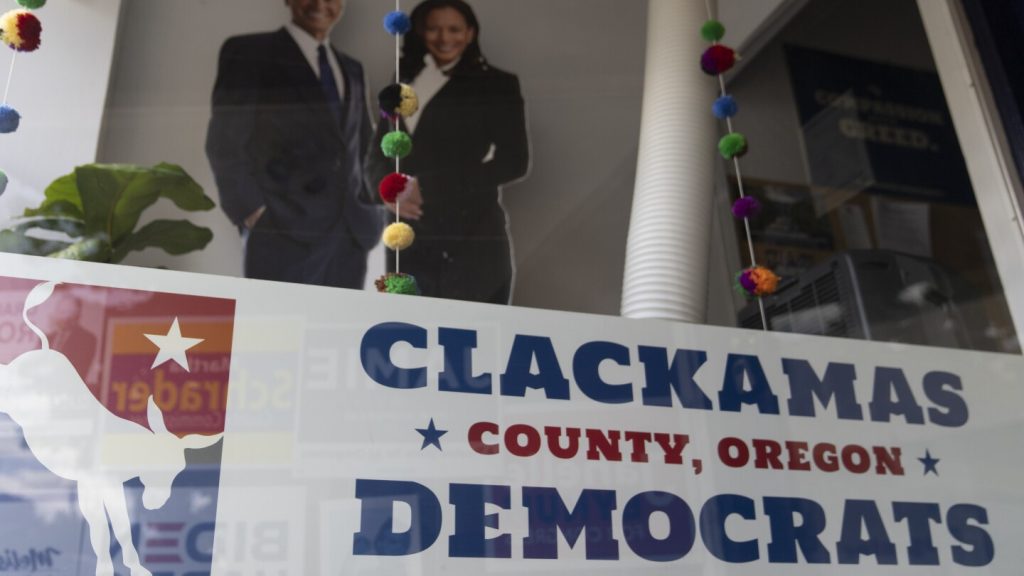In Oregon, two Democratic primaries for US House seats are set to determine the party’s leanings towards progressive or establishment factions in a critical election year. The state’s 3rd Congressional District will have its first open Democratic primary since 1996 with incumbent Earl Blumenauer retiring. Leading in fundraising are Maxine Dexter, a doctor and two-term state representative, and Susheela Jayapal, a former county commissioner endorsed by Bernie Sanders. National Democrats are confident in holding the solidly blue district as they aim to overturn the GOP’s majority in the House. However, the 5th Congressional District is of greater interest as it is expected to be one of the most competitive races in the country.
The 5th District was flipped by the GOP in 2022 for the first time in 25 years, prompting congressional Democrats to support Janelle Bynum over progressive Jamie McLeod-Skinner. Key Democrats have endorsed Bynum, believing she has a better chance of winning in November. McLeod-Skinner’s narrow 2022 defeat has caused some Democrats to doubt her electability. The district encompasses various regions ranging from metro Portland to rural and suburban communities, making it a diverse and complicated battleground for candidates from different backgrounds.
Both Bynum and McLeod-Skinner are qualified candidates with similar policy stances, supporting issues like abortion protections, lowering healthcare costs, and addressing climate change. However, outside spending from super PACs has fueled the race, with Mainstream Democrats pouring funds in support of Bynum and against McLeod-Skinner. The 314 Action Fund, focusing on electing Democrats with science backgrounds, has also heavily invested in Bynum’s campaign. The influx of “dark money” has raised concerns about the influence of outside interests in the primaries.
In the 3rd District, Dexter, a pulmonologist, has received significant support from super PACs, raising questions about the source of the funding and potential Republican involvement. Candidates like Jayapal and McLeod-Skinner have criticized the influx of outside money in the races, with Jayapal suggesting links to “MAGA Republican mega-donors.” While the candidates largely share similar policy platforms, voters may have to differentiate based on style. Dexter and Bynum emphasize their legislative records, while Jayapal and McLeod-Skinner highlight their progressive endorsements, showcasing a divide between pragmatism and idealism in the Democratic electorate.
The campaigns in both districts have seen a mix of positive and negative ad tactics, with candidates touting their achievements and attacking their opponents. The influence of outside spending and endorsements has shaped the narratives in the races, with voters having to sift through information to make informed decisions. Oregon’s primaries will offer insights into the Democratic Party’s internal dynamics and the influence of various factions in shaping the future direction of the party. As the races intensify, the candidates will have to navigate a complex landscape of interests and priorities to win over voters in the critical upcoming elections.


